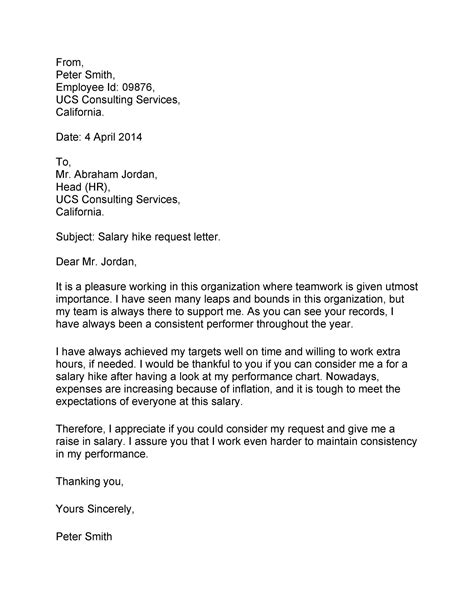Determining The Right Time To Ask For A Raise At Work

Asking for a raise can be a daunting task for many employees. It requires careful consideration and planning to determine the right time to approach your employer. In this post, we will discuss the key factors you need to consider when deciding when to ask for a raise and provide practical tips to help you prepare for the conversation.
Factors to Consider
Company Performance
The first factor to consider when determining the right time to ask for a raise is your company’s performance. If your company is struggling financially or has recently experienced layoffs, it may not be the best time to ask for a raise. On the other hand, if the company is doing well and has recently announced positive financial results, this may be a good time to approach your employer about a raise.
Personal Performance
Another key factor to consider is your personal performance. Have you been meeting or exceeding your goals and expectations? Have you taken on additional responsibilities or contributed to the company in a significant way? If so, it may be appropriate to ask for a raise to reflect your hard work and dedication.
Market Value
You should also consider your market value when determining whether to ask for a raise. Research the industry standards for your position and experience level to determine whether your current salary is competitive. If you are being paid below market value, this may be a good time to ask for a raise.
Timing
The timing of your request is also important. You don’t want to catch your employer at a busy time or when they are distracted by other issues. Schedule a meeting with your employer to discuss the possibility of a raise when they have time to focus on your request.
Preparing for the Conversation
Do Your Research
Before approaching your employer about a raise, do your research. Research industry standards for your position, as well as your company’s financial performance and recent raises or promotions for similar positions. This information will help you make a compelling case for a raise.
Practice Your Pitch
Prepare a pitch that highlights your accomplishments and contributions to the company. Practice your pitch with a friend or mentor to ensure that it is concise, compelling, and confident.
Be Professional and Confident
Approach the conversation with your employer in a professional and confident manner. Be clear about your accomplishments and contributions to the company and explain why you believe you deserve a raise. Be open to feedback and willing to negotiate if necessary.
FAQs
What if my employer denies my request for a raise?
If your employer denies your request for a raise, ask for feedback on how you can improve your performance and what you can do to earn a raise in the future. Use this feedback to set goals and work towards a raise in the future.
How often should I ask for a raise?
You should only ask for a raise when you have a strong case to make. Asking for a raise too often can be seen as entitled and may damage your relationship with your employer.
What if I’m not comfortable negotiating my salary?
If you’re not comfortable negotiating your salary, consider working with a career coach or mentor who can help you prepare for the conversation and negotiate on your behalf.
In Conclusion
Asking for a raise can be a nerve-wracking experience, but with careful planning and preparation, you can increase your chances of success. Consider your company’s performance, your personal performance, market value, and timing when deciding when to ask for a raise. Prepare a pitch that highlights your accomplishments and contributions, and approach the conversation with confidence and professionalism. Remember, it’s important to ask for what you’re worth and to advocate for your own career growth and development.
